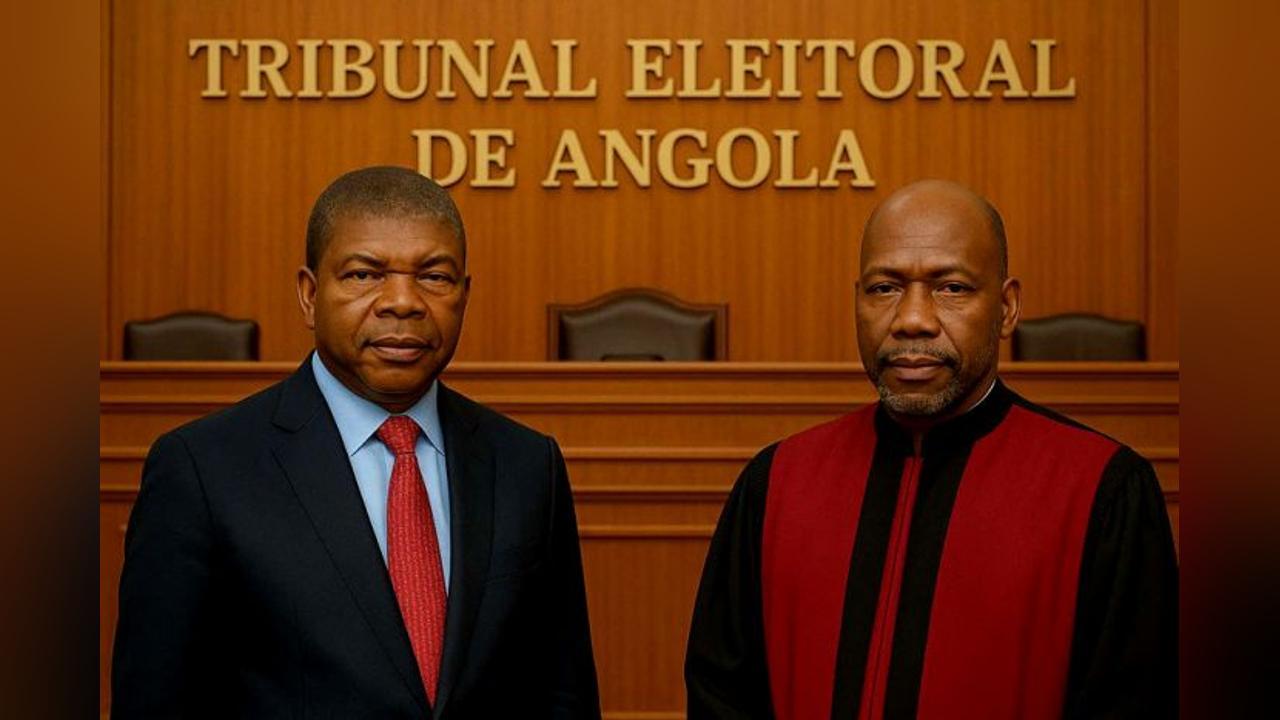Africa-Press – Angola. Angolan civil society organizations presented the strategy for the 2027 general elections, which includes proposals for the creation of an electoral court and live broadcast of all acts of the National Electoral Commission.
The manifesto, which proposes a reform of the current electoral model and is open to contributions, has already been signed by 12 organizations and 17 citizens and will be submitted to the president of the National Assembly and the parliamentary groups.
At issue is the electoral legislative package submitted by the Executive, under discussion in parliament, which proposes changes to several laws that civil society questions, particularly the fact that it proposes the use of the Identity Card as the only document for voting, the elimination of the summary report or the prohibition of municipal counting, among others.
The proposals presented by civil society aim to ensure that fundamental principles, such as non-partisanship, respect for the Constitution, separation of powers, transparency and accountability are guaranteed by the bodies responsible for managing the electoral process.
The signatories propose that the package of laws regulate the constitution of the management structures of the electoral process, namely the Electoral Court (TE), responsible for the constitutional supervision and legality of the process, the National Independent Electoral Commission (CEIN), Independent Provincial Electoral Commissions (CEIP) and Independent Municipal Electoral Commissions (CEIM).
In the presentation of the strategy, activist Luaty Beirão, from Movimento Cívico Mudei, the organization promoting the initiative, said that the objective is also to “draw the attention of those who can make decisions to the problem that is being created at a social level and that it will be unpredictable if it explodes”.
For the activist, there is a risk of “a situation like the one that happened in Mozambique” occurring, which “could be an extremely unpleasant thing for the collective”.
Luaty Beirão stated that, despite not being heard, it is necessary to “continue to insist” and react to the “structures that control the Government”.
“They started legalizing parties earlier, they started wanting to change the laws earlier, they already re-elected the president of the CNE,” he pointed out.
The proposal to renew the current electoral model, Luaty Beirão continued, is due to the fact that it has already been proven that “it is super fallible, corruptible” and “completely falsified”.
According to Luaty Beirão, if the current laws were applied in full there would not be “such disregard” for what is presented as the official election results.
The change in the electoral model involves the creation of an electoral court, composed of a small group of judges elected by public selection process, discarding the current National Electoral Commission, which would be transferred to the hands of civil society, that is, “people without ties to political parties”.
“The current composition is unacceptable to us (…), our proposal includes that there should be no more members of political parties, who could be at best observers within the structure, the members would also be elected by public competition, with well-defined criteria and the evaluation committee credible to society”, he stressed.
“Total or radical” transparency, for the Angolan context, “essential, to reverse the total distrust in the process”, would involve the live broadcast of all acts of the National Electoral Commission.
On the CNE website, an agenda for the day would indicate the topics under discussion or even the planned plenary sessions, for anyone interested to “click on the ‘link’ and be live” to follow.
According to Luaty Beirão, a class action lawsuit is being prepared after the manifesto. “We will file a lawsuit in court and, after the law is approved, we will file a new lawsuit so that it cannot be said that we did not use the instruments at our disposal,” he added.
angola24
For More News And Analysis About Angola Follow Africa-Press






